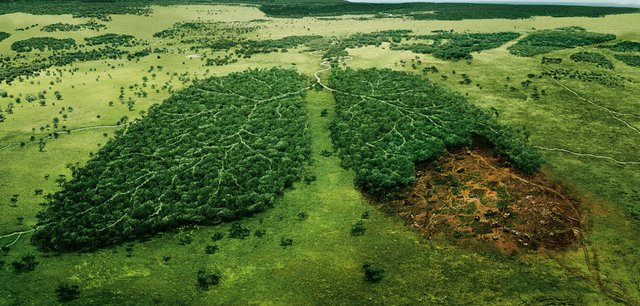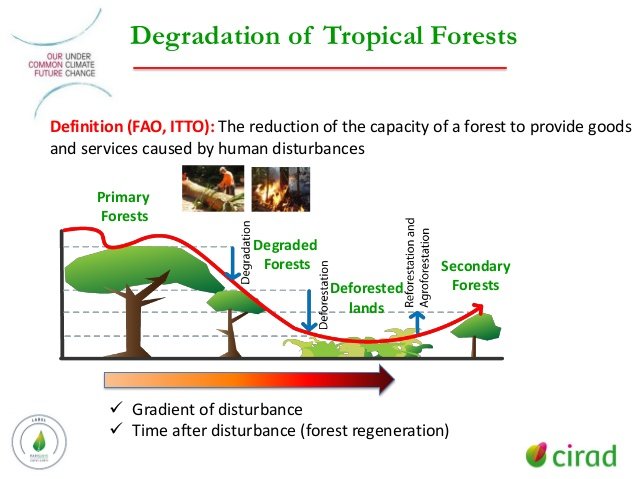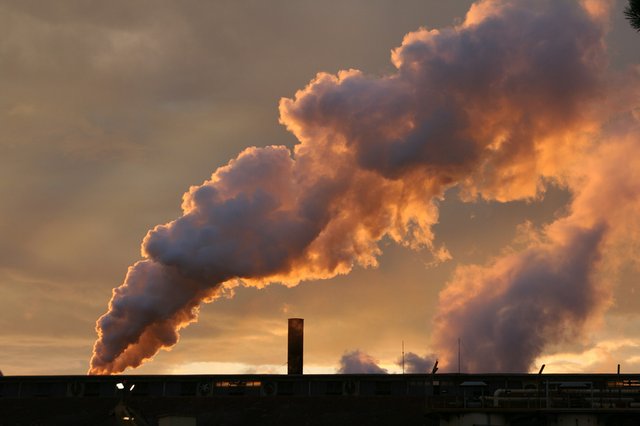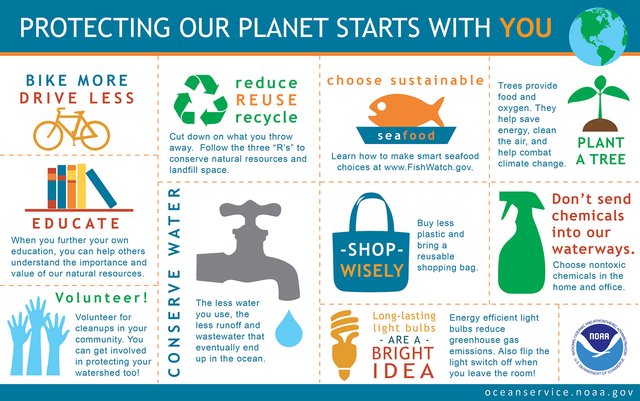STOP thinking about Money, Think about our EARTH! Its great suffer when we not care about it --HELP to prevent earth destruction
Have you ever thought what if EARTH gone?
People now always thinking about money, how to have a good life and comfortable without thinking that our home is in danger. Mostly earth in danger because of Deforestation, Degradation and Pollution.

Deforestation
Forests impact our daily lives in more ways than we can imagine. From the air we breathe to the wood we love, human beings are heavily dependent on forests and the products and services they provide.
Forests provide habitats to diverse animal species; they form the source of livelihood for many different human settlements; they offer watershed protection, timber and non-timber products, and various recreational options; they prevent soil erosion, help in maintaining the water cycle, and check global warming by using carbon dioxide in photosynthesis.
Yet we are losing forests. How much forest is lose each year?
we have already lost nearly 50% of the world's original forests. each year, we lose 13 million hectares of forests, the equivalent of 36 football fields per minute. deforestation is the source of 15-20% of global carbon emissions.

Forest degradation
Forest degradation happens when changes within the forest negatively affect the structure or function of the stand or site, and thereby lower the capacity to supply products and/or ecosystem services. Forest degradation creates less resilient and less productive forests and in some countries, it can be nearly as harmful as deforestation, carving "death by a thousand cuts" that eventually leads to deforestation. Forest degradation often begins the slippery slope to deforestation: large canopy gaps can dry out rainforests leaving them vulnerable to fire; abandoned logging roads provide access to settlers; and authorities are often more willing to grant conversion permits in heavily logged forests.
Effects of Deforestation and Forest Degradation
- Reduce biodiversity : Deforestation and forest degradation can cause wildlife to decline. When forest cover is removed, wildlife is deprived of habitat and becomes more vulnerable to hunting. Considering that about 80% of the world's documented species can be found in tropical rainforests, deforestation poses a serious threat to the Earth’s biodiversity.
- Release of greenhouse gas emissions : Forests are the largest terrestrial store of carbon, but deforestation is the largest source of carbon dioxide emissions after fossil fuel burning, causing 15% of global greenhouse gas emissions.
- Disrupted water cycles : As a result of deforestation, trees no longer evaporate groundwater, which can cause the local climate to be much drier.
- Increased soil erosion : Deforestation accelerates rates of soil erosion, by increasing runoff and reducing the protection of the soil from tree litter.
- Disrupted livelihoods : Millions of people rely directly on forests, through shifting cultivation, hunting and gathering, and by harvesting forest products such as rubber. Deforestation continues to create severe social problems, sometimes leading to violent conflict.

Pollution
Pollution can profoundly affect air, water and soil, causing breaches in the ozone layer, introducing toxins to rivers, soils and the surrounding air and even causing harm in the form of excess noise. Environmental pollution exists in five fundamental forms: air, soil, water, noise and light pollution. Of the types of pollution, air is the most harmful variety.
Emissions from buses, trucks, trains and factories introduce nonbiodegradable toxins into the atmosphere, which cause harm to humans and the environment. Planes, trains, buses, cars and factories produce noxious fumes and smoke that contain mostly synthetic compounds. The byproducts produced in these emissions do not dissolve when exposed to air particles. Instead, they may linger in the atmosphere for decades or longer and disrupt critical environmental functions, such as the proper filtering of UV rays, in the process. Water pollution, which comes in the form of industrial waste products added to rivers, lakes and streams, may poison organisms in aquatic habitats and result in less biodiversity. Soil pollution that is caused by runoff containing pesticides, fertilizers and other chemicals may spoil crops, stunt the growth of plants and native vegetation and harm microorganisms that live in dirt. Lastly, light and noise pollution may cause hearing damage and confuse migratory animals such as birds.
What we can do to save the earth?
Reduce, Re-use and Recycle
Cut down on what you throw away.Follow the three "R's" to conserve natural resources and landfill space
EducateWhen you further your own education , you can help others understand the importance and value of our natural resources
Plant a TreeTree provide food and oxygen. They help save energy , clean the air and help combat climate change
And there so many things that you can do. If not us who save the earth, then who? Alien?
Further Reference:
wwf.panda.org
www.howiki.com

Nice @birdcat
Shot you an Upvote :)
Keep up the great work @birdcat
Upvoted
Nice @birdcat
Shot you an Upvote :)
Upvoted
Hi! This post has a Flesch-Kincaid grade level of 10.7 and reading ease of 53%. This puts the writing level on par with Michael Crichton and Mitt Romney.